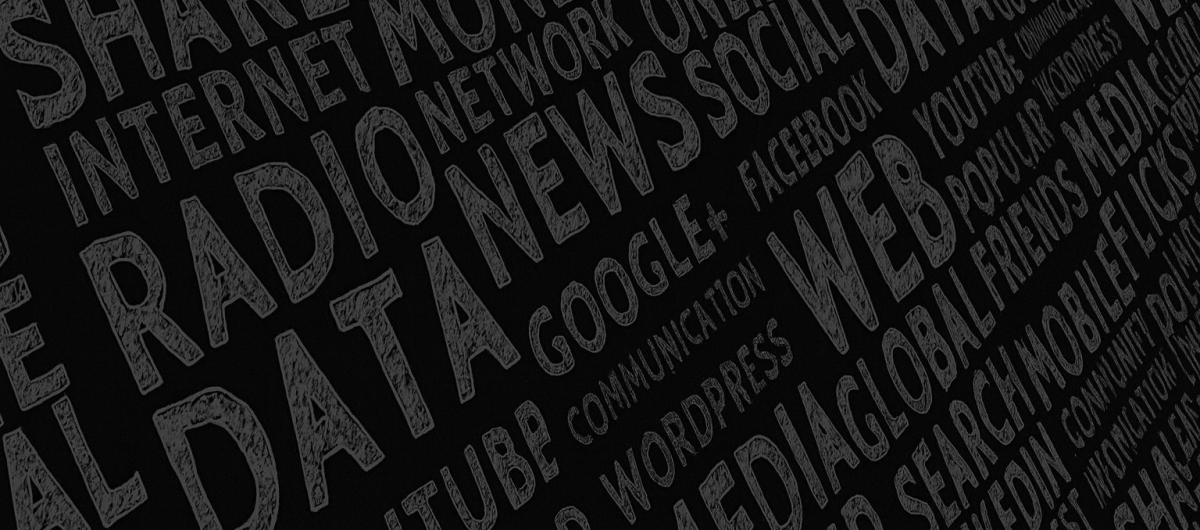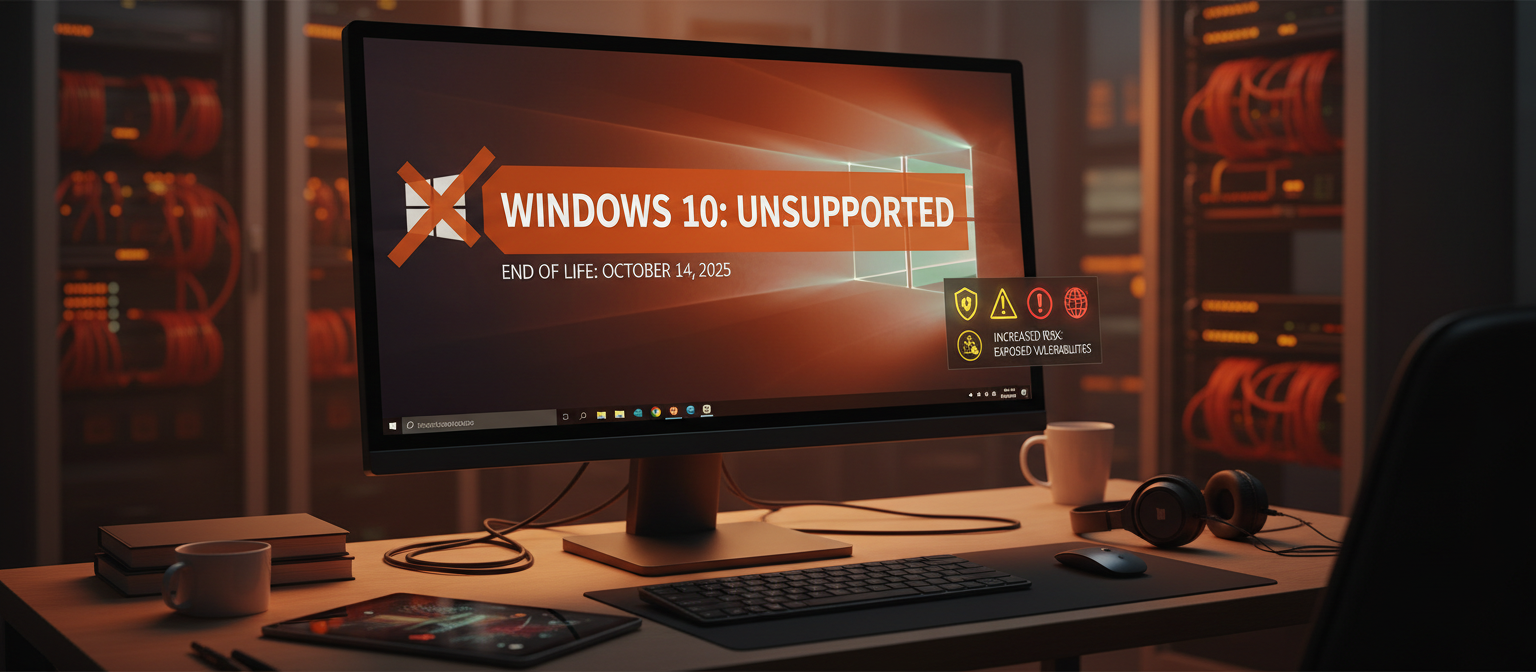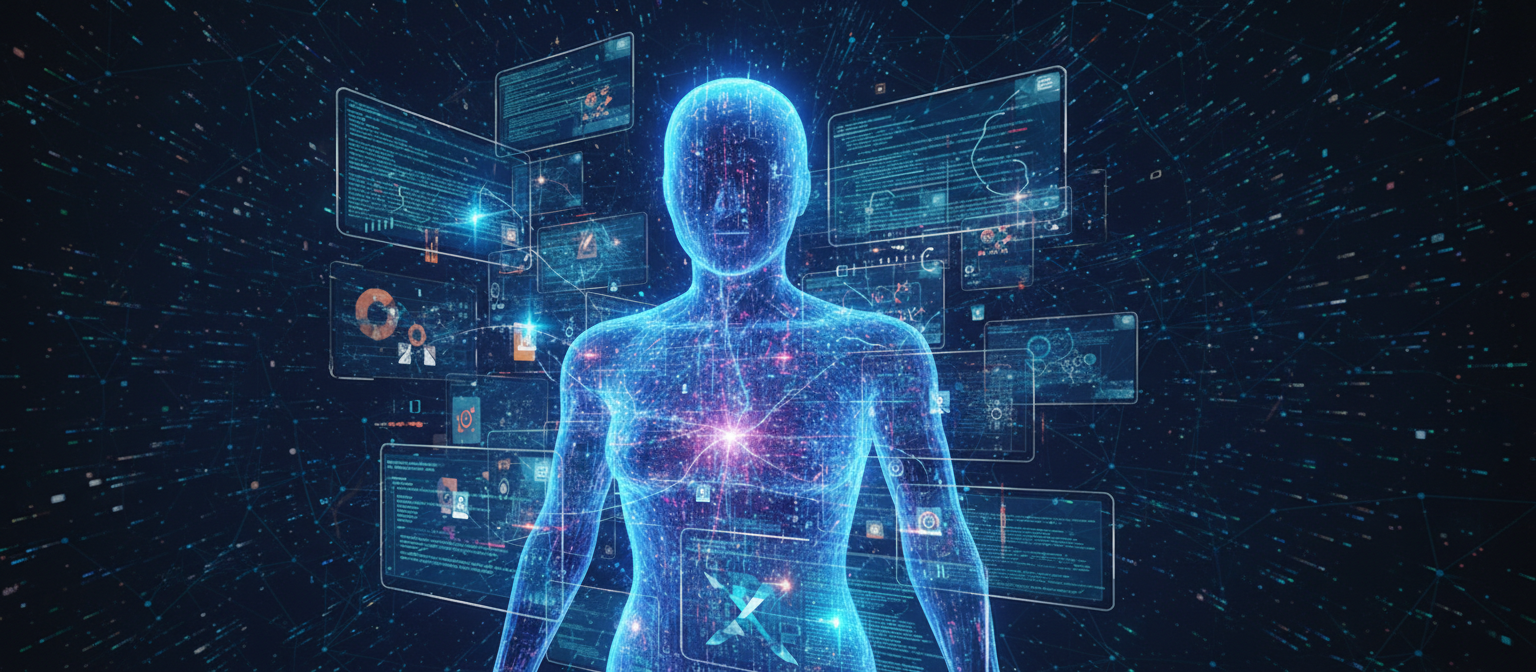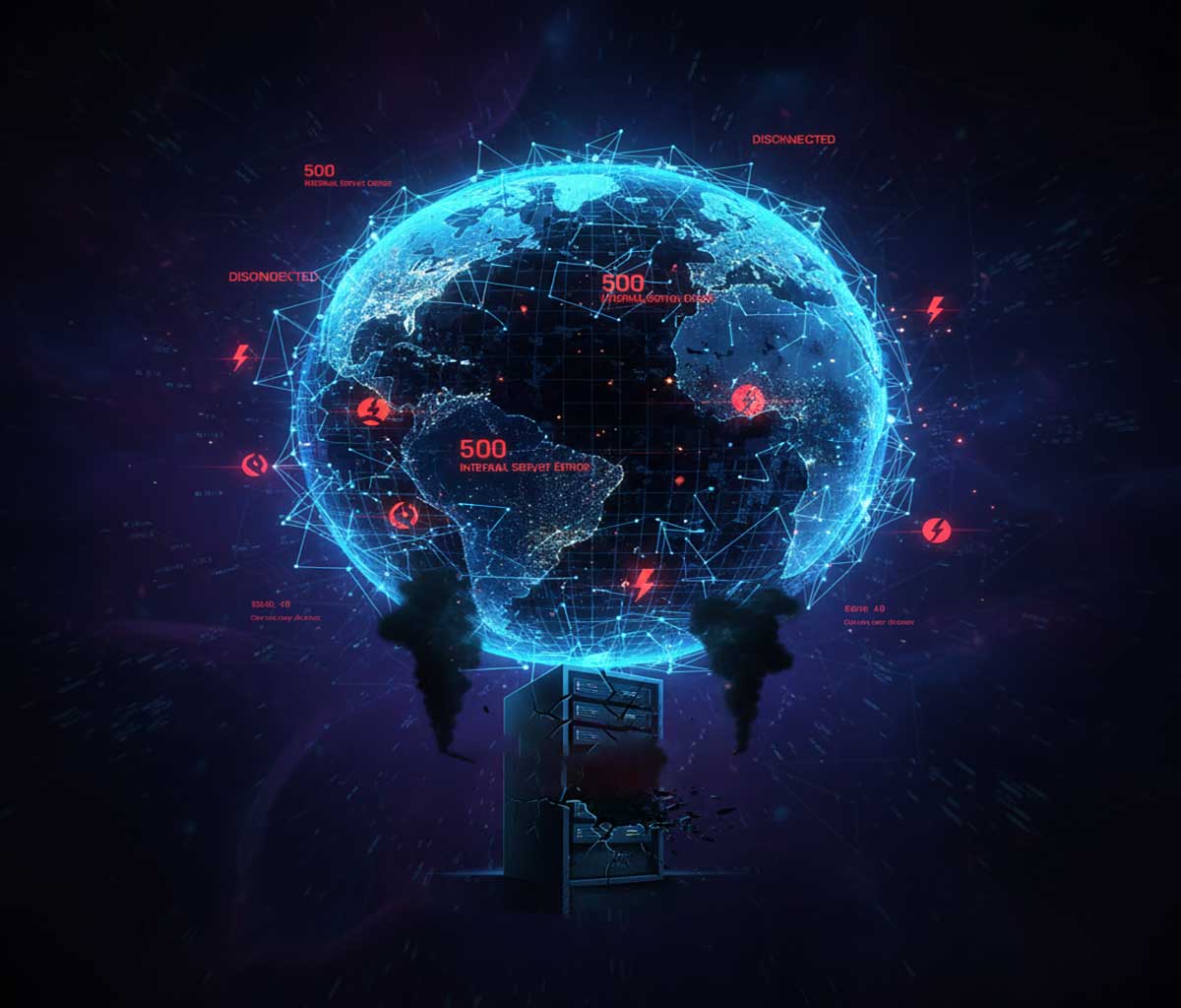What’s the Dead Internet Theory?
The Dead Internet Theory claims that a huge chunk of what we see and interact with online doesn’t actually come from real people anymore. Instead, it’s bots, automated accounts, and large language models (LLMs) running the show. This idea started gaining real traction around 2021 on forums like Agora Road, where people began pointing out that social media, comment sections, and digital platforms feel more and more fake. Forums like 4chan and Reddit helped spread the theory, and while it hasn’t been academically confirmed, thinkers like Whitney Phillips and media outlets like The Atlantic and Live Science have explored it as a symptom of our growing mistrust in what’s real online. Even if it’s not a scientific theory, it’s hitting a nerve—people are more concerned than ever about making sure the digital world stays genuinely human.
Trying to Prove You’re Human
With all the anxiety around what’s real and what’s fake online, a bunch of tech projects have popped up trying to answer one big question: how do we prove someone online is actually a human? One of the most talked-about efforts is Worldcoin, a project backed by Sam Altman that’s sparked both curiosity and controversy.
The Altman Paradox
Sam Altman, CEO of OpenAI, tweeted:
“I never took the dead internet theory that seriously but it seems like there are really a lot of LLM run twitter accounts now.”
With that tweet, Altman basically admitted that there’s been a big uptick in bot-run accounts—meaning the line between human-made and AI-generated content is getting seriously blurry.
What Is Worldcoin / World Network?
- Worldcoin (now rebranded as World Network, or just World) is a project from the company Tools for Humanity, co-founded by Sam Altman, launched in 2019.
- Its main goal is to create a verifiable digital identity, called World ID, to prove someone is a real (and unique) human, using biometric iris scans captured by a device called the Orb.
- Over 6.9 million people have signed up so far. As of now, at least 10 countries have either blocked or restricted Worldcoin’s biometric data collection due to privacy concerns, lack of informed consent, and issues with protecting personal data.
Alternatives to Worldcoin
- WebAuthn / FIDO2 / Passkeys: A solid alternative to Worldcoin. These let users prove their identity securely using cryptography and physical or digital keys—no sensitive data collection required.
- BrightID: Offers proof of human uniqueness through a decentralized social graph. Users validate each other—no proprietary hardware, no biometrics.
- Cloudflare Bot Management: Another alternative on a more practical level. It uses AI and machine learning to tell humans and bots apart in real-time—without storing personal info or creating permanent IDs.
So, Who’s Really Behind That Account?
The Dead Internet Theory raises a tough question: who—or what—is actually behind each account, post, or interaction online? There’s no solid proof the web is overrun by bots, but there are clear signs of increasing automation. In response, we’re seeing more and more tools aimed at restoring trust and proving humanity—whether through biometrics, cryptographic methods, or decentralized reputation systems. The shared goal? Draw a clear line between human activity and automated noise, and bring some realness back to the digital world.






